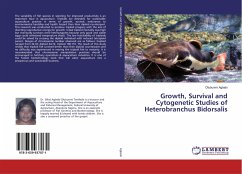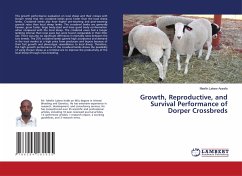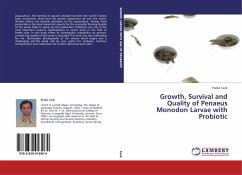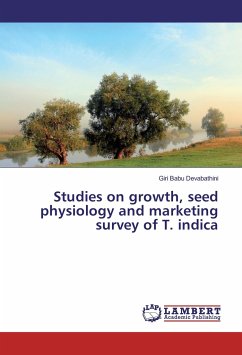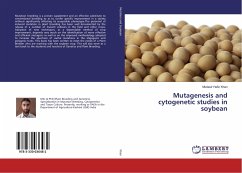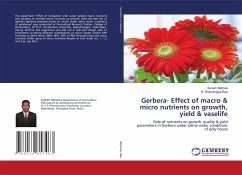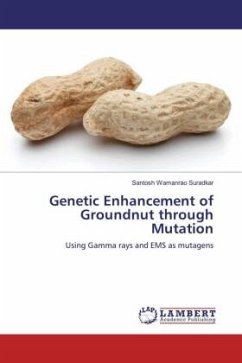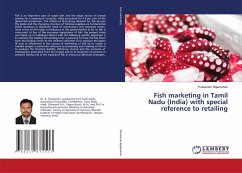The variability of fish species in selecting for improved productivity is an important issue in aquaculture. Triploids are desirable for sustainable aquaculture practice in terms of growth, survival, endurance to environmental hardship and health hazard than their diploid counterpart. This research was conducted to produce triploid progeny with the aim of diverting reproductive energy for growth. Initial triploid mortality was high but eventually survivors were heterozygotes because only good and viable eggs could withstand temperature shock. The low hatchability of triploidy could be solved by crossing the diploid individual with induced tetraploid parent. Ranges of chromosome number observed are as follows: haploid ranged from 32-33; diploid 64-72; triploid 106-110. The result of this study reveals that triploid fish survived better than their diploid counterparts and no difficulty was experienced in rearing the triploid fish to maturity. It is recommended that chromosome manipulation practices should be encouraged in hatchery operations & aquaculture industries. It is one of the fastest biotechnology tools that will usher aquaculture into a prosperous and sustainable business.
Bitte wählen Sie Ihr Anliegen aus.
Rechnungen
Retourenschein anfordern
Bestellstatus
Storno

